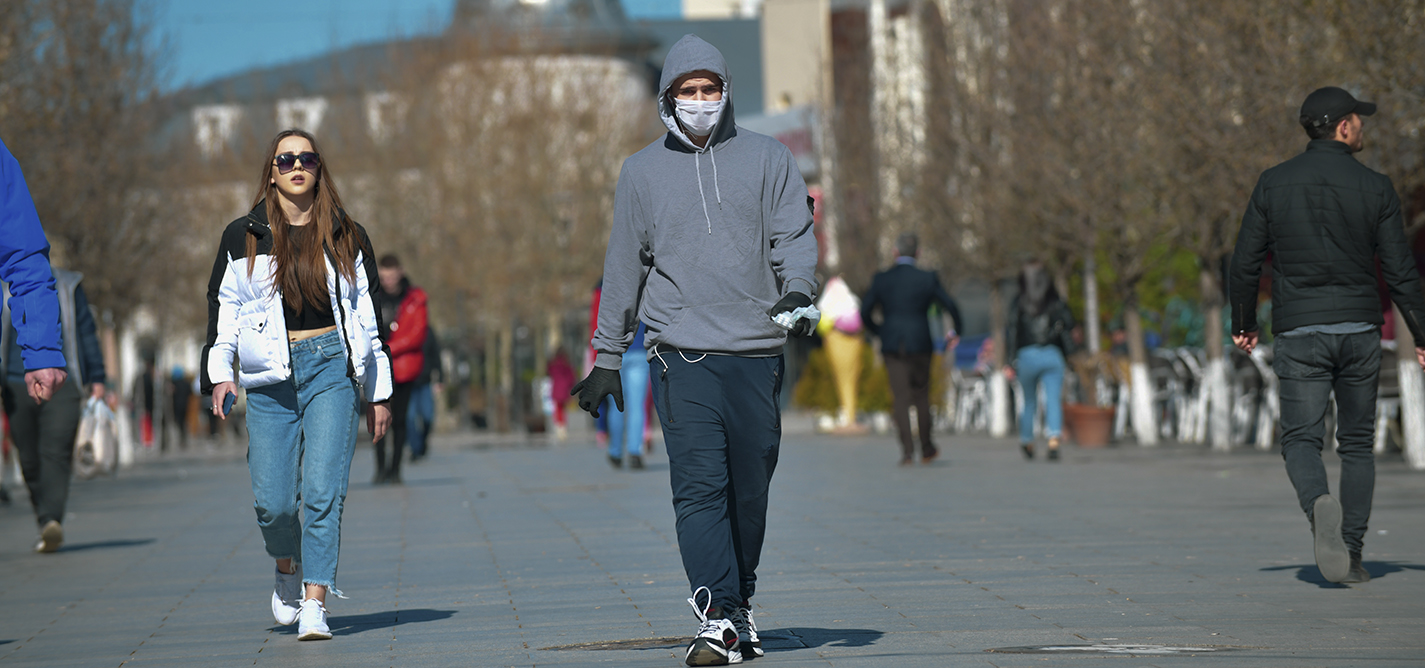
New measures introduced as Kosovo COVID-19 cases increase
Authorities suspend loan payments and say that there is ample food available.
"Only social distancing can prevent the further spread of COVID-19."
WHO office in PrishtinaThe Minister of Finance and Transfers, Besnik Bislimi, has announced that pensioners are not obliged to appear physically to pension continuation centers for the time being as their pensions will not be withheld.
The advice remains to keep your distance from others, reduce outings, wash hands thoroughly, and follow recommendations of health authorities.

Kosovo 2.0
Kosovo 2.0 is a pioneering independent media organization that engages society in insightful discussion. Through our print and online magazines, debates and advocacy initiatives, we are dedicated to deepening the understanding of current affairs in Kosovo, the region and beyond.
This story was originally written in English.